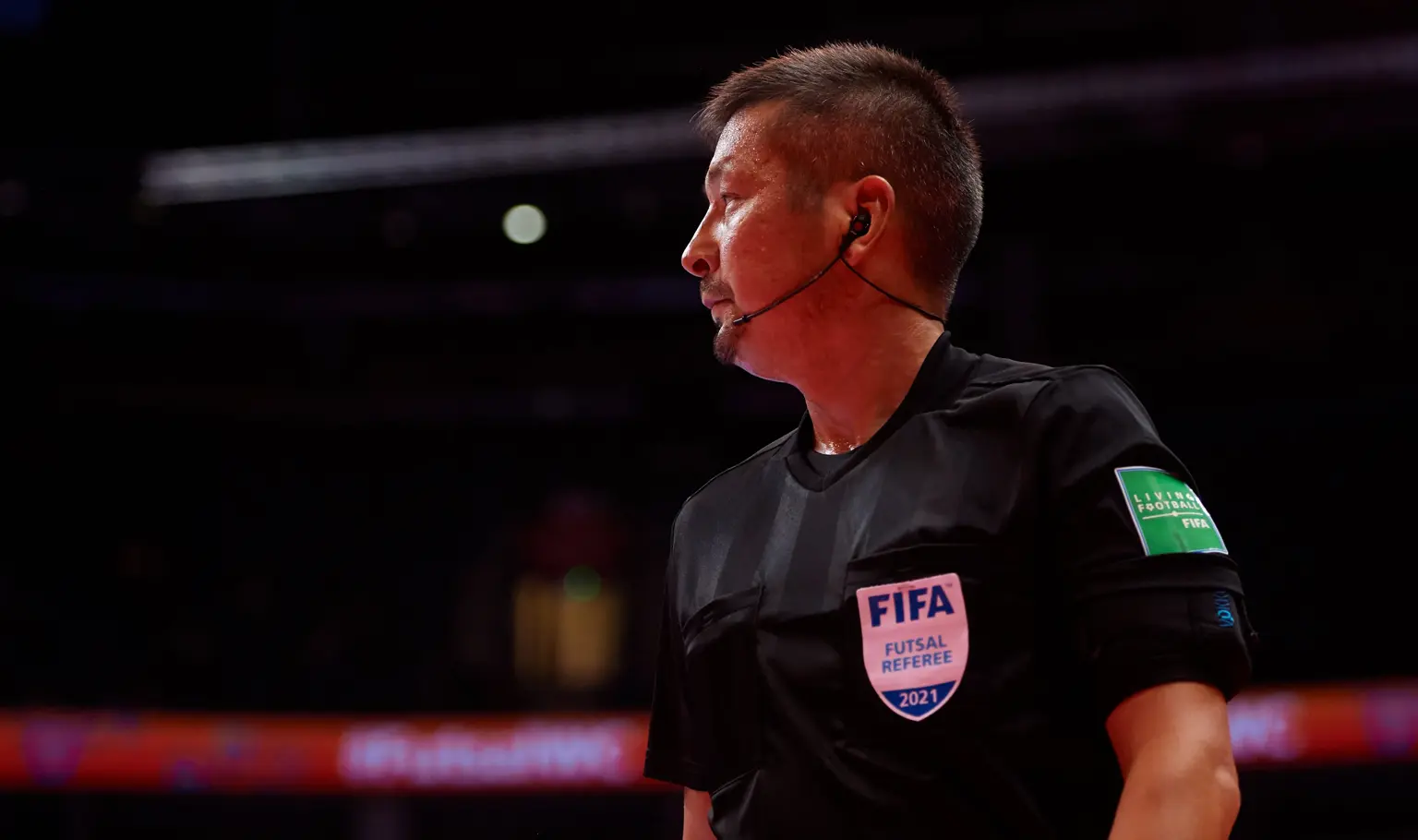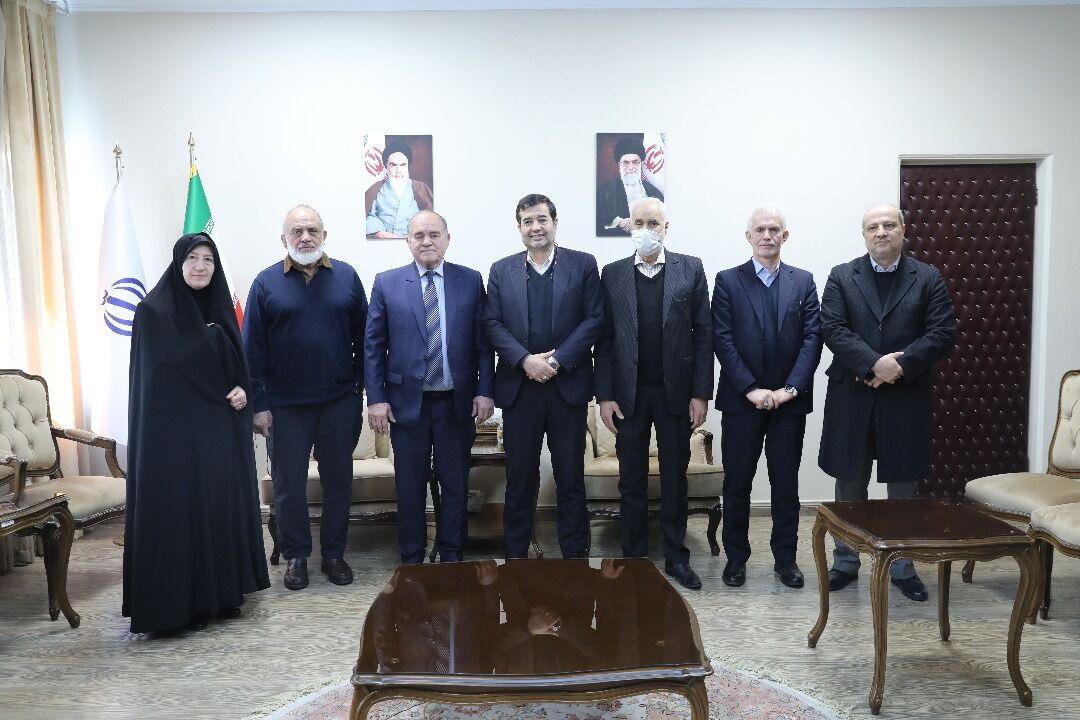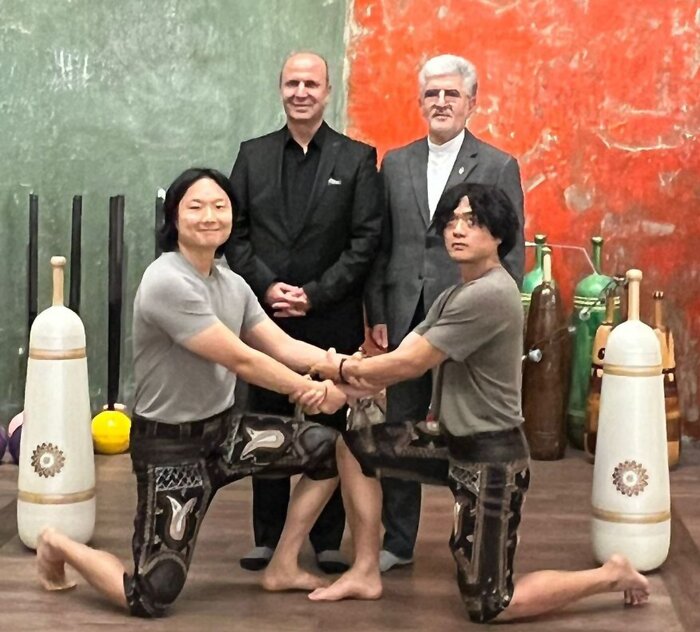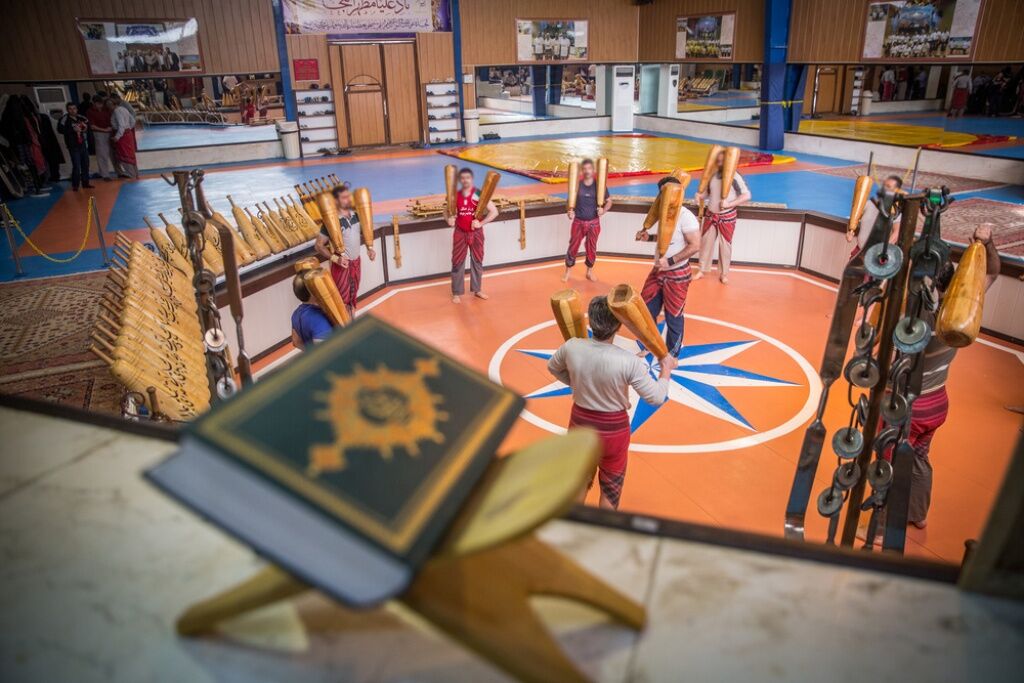Real time
A match lasts 40 minutes. That is, in fact, 40 minutes of the ball in play, because when the whistle blows – when, say, the ball goes out or a foul is called – the timekeeper stops the clock until play restarts. The two 20-minute halves are split by a 15-minute half-time break. If a knockout-phase game is level after 40 minutes, two five-minute periods of extra-time will be played.
Teams
Uzbekistan 2024 squads consist of 14 players. Each team has five players – four out-court and one goalkeeper – on court simultaneously, unless a sending off has occurred.
Substitutions
Coaches can make unlimited substitutions. There is no limit to how many times a player can be substituted on and off.
Four-second rule
A goalkeeper must release the ball within four seconds while in his own half. If he doesn’t, an indirect free-kick will be awarded to the opposition team. Set-pieces – kick-ins, corners and free-kicks – must be taken within four seconds or the opposition team will be awarded an indirect free-kick.
Goalkeepers in possession
Once a goalkeeper has touched the ball in his own half, he is not permitted to touch it again inside his own half until the opposition have had possession.
Kick-ins
There are no throw-ins. When the ball goes out via the side-line, or for a corner, it must be kicked back in.
Accumulated fouls
When a team has made five fouls in one half, every subsequent foul will result in their opponents being awarded a free shot at goal, with no wall permitted in between, from the second penalty spot (10 metres out). If the foul occurred closer to goal, it can be taken from where it occurred. First-half fouls are wiped at half-time, but second-half fouls are carried into extra-time if it is required.
Red cards
Players are sent off for two yellow cards or a straight red. Their team must then play with only four players on the court until the opposition scores or for two minutes. If the opposition scores, or once two minutes is up if not, a replacement can be sent on. The sent-off player is not permitted to return to the game.
Flying goalkeepers
A flying goalkeeper is when an out-court player temporarily assumes the role of a goalkeeper. This is invariably done when a team is behind and trying to outnumber the opposition in attack. A flying goalkeeper must wear a goalkeeper’s jersey with his own number on the back.
Time-outs
Each head coach has one time-out, whereby play is stopped for 60 seconds for him to speak to his players, in each half. A head coach can only call a time-out when the ball goes out of play and his team will restart it. There are no time-outs in extra-time.
Penalty shootouts
If a knockout-phase game is level after extra-time, a penalty shootout will decide the outcome. Whichever team is leading after each has taken five penalties will go through. If it’s level after five penalties apiece, sudden death will ensue. Players who have withdrawn from the game injured or been sent off are not permitted to take penalties.
An outfield player is permitted to act as a goalkeeper during penalties. Teams are permitted to alternate their goalkeepers during the shootout.
- نویسنده : محمد مهدی اسماعیلی رها





























Saturday, 31 January , 2026